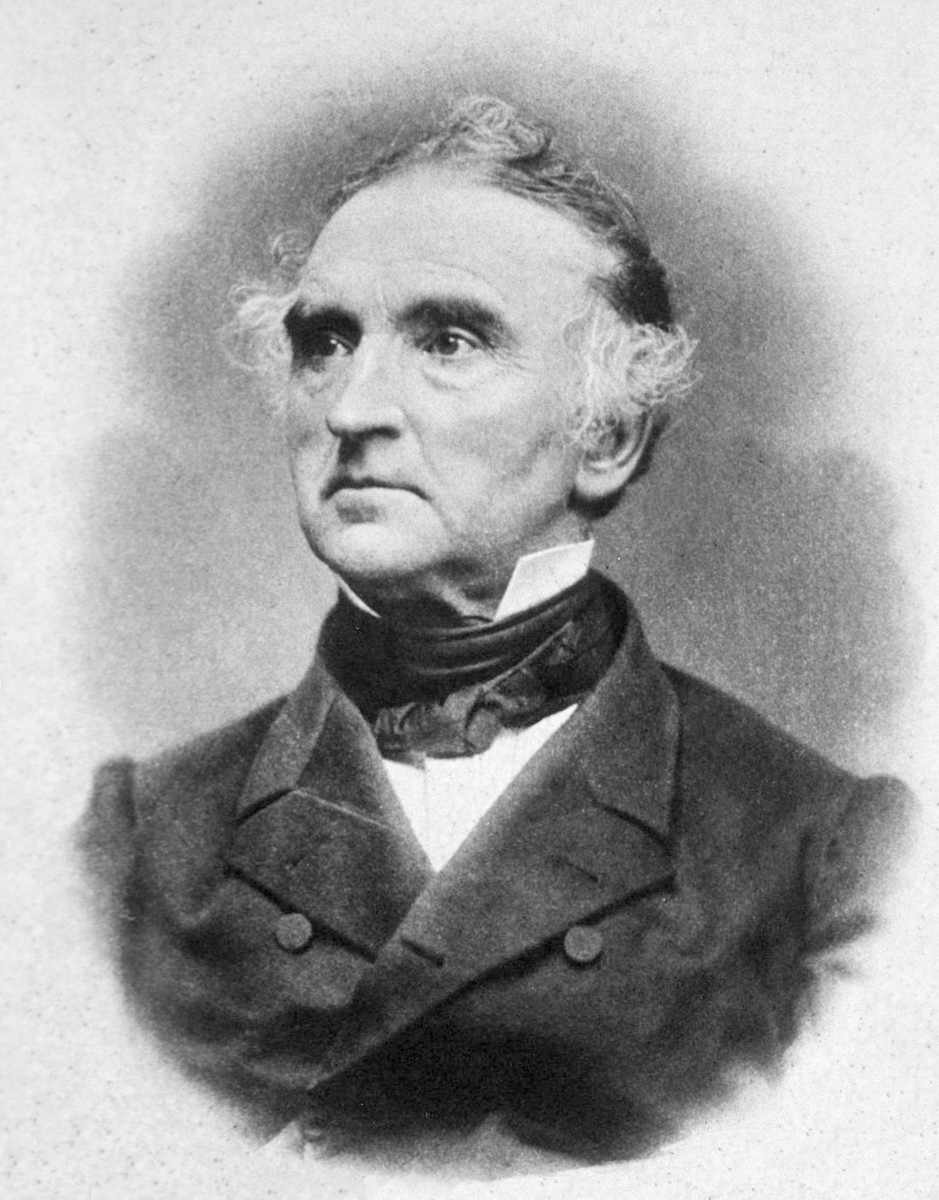Dr. Justus von Liebig - Father of Agricultural Chemistry
Born: 12 May 1803, Darmstadt, Landgraviate of Hesse-Darmstadt
Died: 18 April 1873, Munich, Kingdom of Bavaria, German Empire
Justus von Liebig was a German chemist who revolutionized agriculture and education by founding modern organic chemistry and inventing the first nitrogen-based fertilizer.
Justus was born in 1803 in Darmstadt, Germany. From a very young age, he showed a strong interest in chemistry. His father, Johann, worked as a drysalter, someone who dealt with chemical products like glue, varnish, and dyes. Justus spent hours in his father’s workshop, performing experiments of his own. Unlike his classmates, he was far more interested in science than in traditional subjects at school. At age 14, he left grammar school to become an apprentice to a local apothecary named Gottfried Pirsch.
Justus’s passion for science only grew. At 17, he entered the University of Bonn to study chemistry. By the age of 22, he had earned his doctorate and was already recognized as a bright student in analytical chemistry. But at the time, chemistry was not highly developed in Germany. To continue his studies, Justus received a grant to study in Paris, France. This opportunity launched his professional career.
In Paris, Justus studied a compound called fulminate of mercury. His work led to the discovery of “isomerism,” the idea that molecules can have the same kinds and numbers of atoms but still behave differently because of their structures. This was a major breakthrough in chemistry. His research caught the attention of Joseph-Louis Gay-Lussac, the famous French chemist who discovered that water is made of two parts hydrogen and one part oxygen. Gay-Lussac became Justus’s mentor, guiding him in his private laboratory for two years.
By 1824, Justus returned to Germany and began teaching at the University of Giessen. He wanted to expand chemistry education and proposed creating an institute for pharmaceutical training. However, the university rejected his idea, saying they did not want to train “apothecaries, soap-makers, beer-brewers, dyers, and vinegar distillers.” This might have seemed like a setback, but it turned into an advantage for Justus.
Instead, he set up his own laboratory in an abandoned military barracks. There, he created a new, hands-on style of teaching that became a model for modern science education. He opened his lab to 20 students and even paid for supplies himself. Students worked in small teams, each guided by a scientist, to study specific topics. This way, they learned by doing real experiments, while also helping Justus expand his research. His teaching style was so successful that it spread to other sciences and is still used in laboratories today.
Justus’s research and teaching soon made him one of the founders of organic chemistry. Yet he never forgot the food shortages during the “Year Without a Summer.” Determined to prevent future hunger, he turned his attention to agricultural chemistry. He invented the “kaliapparat,” a device that measured the amount of carbon in organic compounds. With it, he discovered that plants take in nitrogen, carbon dioxide, and minerals from the soil and air. Using this knowledge, he created the first nitrogen-based fertilizer, which greatly improved crop yields.
Because of Justus’s discoveries, agriculture became more reliable, and massive food shortages like the one in 1815 became far less common. Historians even say that “The Year Without a Summer” was the last major subsistence crisis in the Western world. Beyond agriculture, his methods of teaching chemistry continue to shape laboratories worldwide.
Justus von Liebig spent the rest of his life teaching, researching, and writing about science. He passed away in Munich in 1873 at the age of 70. In 1953, on the 150th anniversary of his birth, Germany honored him with a postage stamp, recognizing his lasting influence on science and society.
Through his discoveries and teaching, Justus von Liebig not only advanced chemistry but also helped ensure that people would not suffer from hunger the way they had during his childhood.
References:
“Justus von Liebig and Friedrich Wöhler.” Science History Institute, 15 July 2025, sciencehistory.org/education/scientific-biographies/justus-von-liebig-and-friedrich-wohler.
“Justus, Baron von Liebig.” Encyclopædia Britannica, Encyclopædia Britannica, inc., http://britannica.com/biography/Justus-Freiherr-von-Liebig.
Schindler, Siegfried. “Justus von Liebig.” Chemistry, vol. 5, no. 2, 6 May 2023, pp. 1046–1059, doi.org/10.3390/chemistry5020071.
Keywords:
Innovation, Science, Creativity, Perseverance, Responsibility, Achievement, Make a Difference, Build Bridges to Unite, STEAM
Explore ARTEFFECT projects about this Unsung Hero:
Justus von Liebig Artworks
- Collections: Art Gallery, Unsung Heroes

